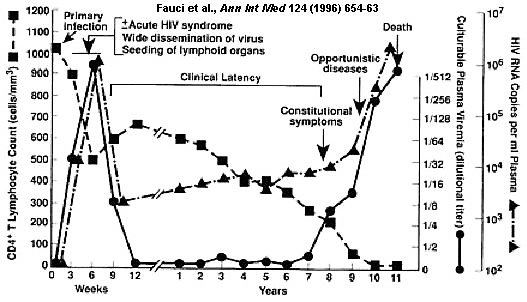
Myalgia is the medical term for muscle pain. in most cases this type of muscle pain can be as simple as a strain or a pulled muscle. in other cases it can be referred to as the muscle pain associated with injury or crushed muscle. Although myalgia is used in the muscle pain in general, it is often used due to the over use or injury to a muscle from strenuous activity. Often times myalgia is due to a underlying medical condition. sometimes myalgia is from more severe diseases such as, influenza, herpes, HIV, or tissue disease.
It is also very common for myalgia to be associated with the involuntary muscle movement of central nervous system. Some of these disorders include: multiple sclerosis, amyotrophic lateral sclerosis, and spinal cord injuries.
Most individuals who suffer from myalgia are also experiencing a number of different diseases such as:
• Strep Throat • Lyme Disease • Tetanus • Hiptoplasmosis • Malaria • Toxoplasmosis
Some muscle pain and inflammation can result from reactions to certain vaccinations or medications. other pains can be associated with the abuse of substances such as alcohol, amphetamines, cocaine, or narcotics; poisons such as strychnine and snake, insect, or spider bites. a physical examination is often times needed to help identify possible underlying causes of myaglia. Things such as stiffness, weakness, may be evident enough within the individual’s posture, and coordination.
Being touched on the skin may also prove to show soreness within the muscle. This can also be caused by myalgia. Remember myaglia is almost always accompanied by an underyling disease or infection. it is best and most advised that you seek medical consultation to help diagnose your condition. The body depends greatly on the muscle in which your body uses to help move, lift, bend, and other mobility functions. If the muscles are unable to work properly, it could lead to far more severe conditions along with difficulties doing your every day routines.